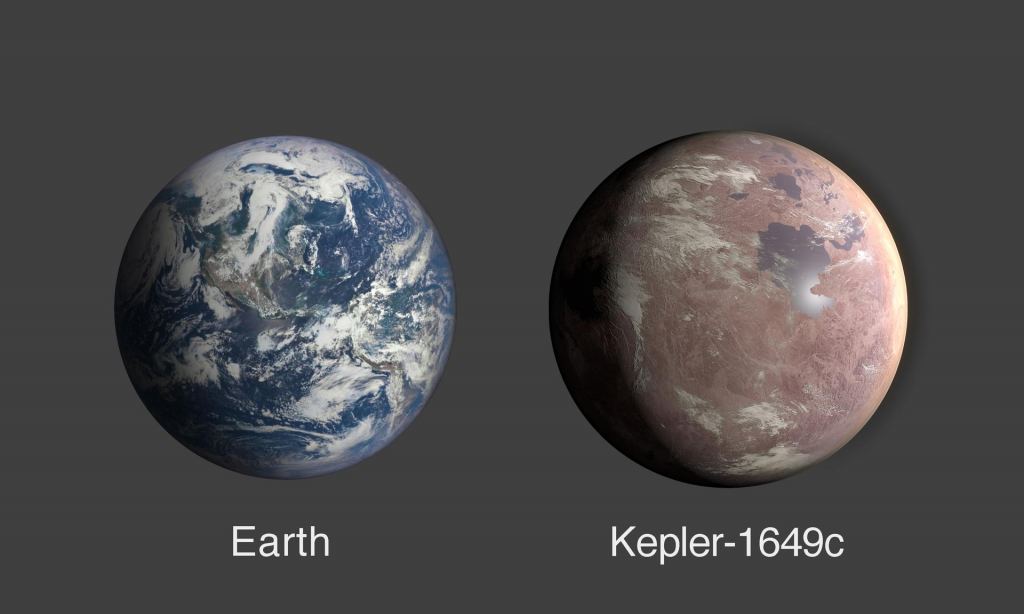A new book examines the latest scientific knowledge on a key question in astronomy and space science.
It is difficult to answer a scientific question with just one piece of data: how special are we and how common (or rare) is the story of how life on Earth emerged in the great drama of the cosmos?
A new book coming out this week titled Is the Earth exceptional? The search for cosmic life by Mario Livio and Jack Szostak The book surveys the scientific state of the answer to this key question and provides a broad overview of the nascent science of astrobiology, a multidisciplinary field that fuses biology, chemistry, astronomy, and more.
Astrophysicist Mario Livio is also the author of Brilliant mistakes: from Darwin to Einstein, colossal mistakes by great scientists that changed our understanding of life and the universe and The equation that couldn't be solved: how the mathematical genius discovered the language of symmetry.
Co-author and Nobel laureate Jack Szostak worked on the Human Genome Project and was co-winner of the 2009 Nobel Prize in Physiology or Medicine for discovering how telomeres defend chromosomes.
The basic premise of the book examines the enigma of how the basic elements of life (amino acids, RNA and the first cells) arose on Earth. Could the same processes occur elsewhere?
Remember Rare earth From about 20 years ago? That book definitely caused a stir in the nascent field of astrobiology, by postulating that a series of strange circumstances led to the emergence of life on Earth. Is the Earth exceptional? Update the science on this issue and debate it a generation later.
Exceptional land
The book does not shy away from organic chemistry in the first half. Researchers find it quite tantalizing that simple life arose almost as soon as the conditions were ripe for it. Was it a fluke or a cosmic imperative? The chemistry of primordial life is a great mystery. Is the Earth exceptional? It analyses the latest findings and the advances that may be imminent in the field of astrobiology.
We live in an amazing time, a golden age of astronomy that can give us concrete answers to these questions within our lifetimes. SETI searches, exoplanet studies, and space telescopes like TESS, JWST, and the Nancy Grace Roman Space Telescope (scheduled for launch in 2027) could bear fruit this century. The book notes that even a null result, however disappointing, could be equally profound.
The answer could come from missions to worlds in our own solar system in search of signs of past or present life on Mars, Europa or Titan. The book discusses the prospects for life on worlds in our solar system and the implications of such a discovery. Beyond that, the detection of signals in the spectra of exoplanets could also herald the detection of exobiology on distant worlds.
For example, we now have the ability to see what is known as Red edge vegetationThis would be a very clear indication that photosynthesis was carried out through chlorophyll, a molecule that, as far as we know, only arises due to life.
These are all amazing thoughts to consider as you read. Is the Earth special? and reflect on the state of modern astrobiology.
